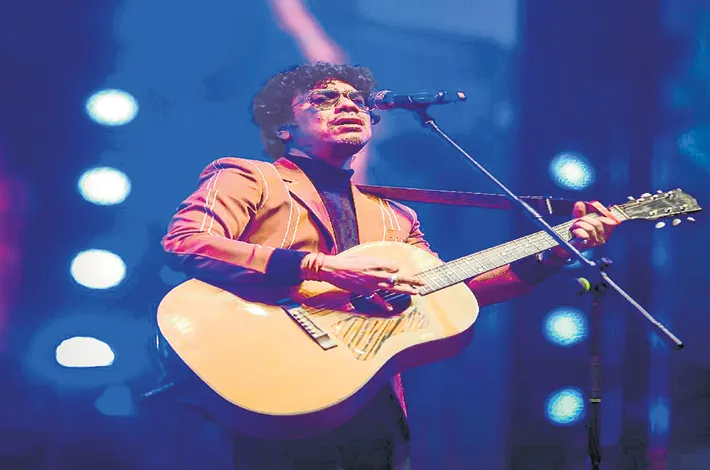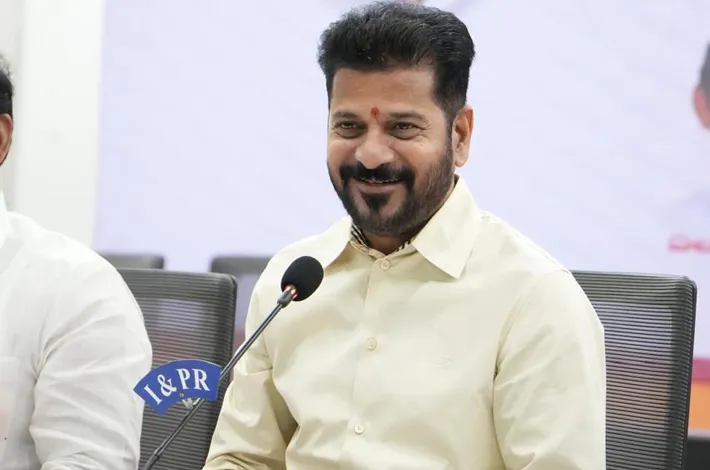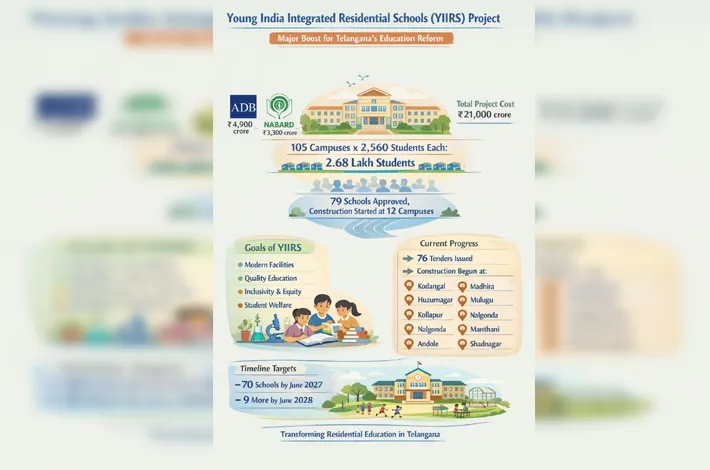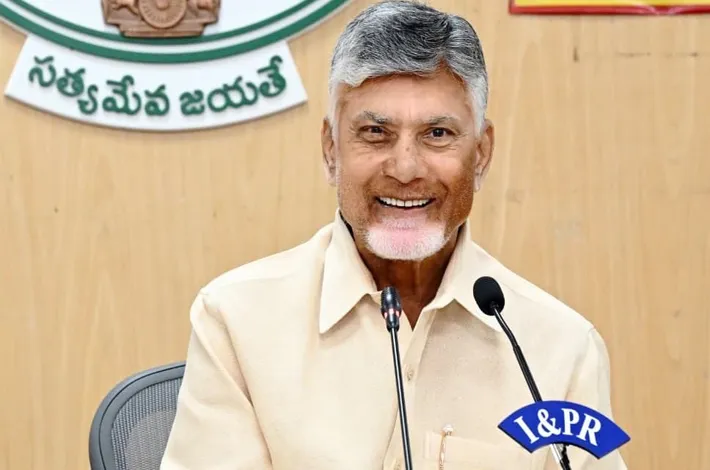Surviving in this industry is tough: Papon
10-02-2025 12:00:00 AM

Surviving in the industry is tough for any musician because you never know what’s going to work. Independent music is a challenging space to promote, and the difficulty lies in balancing the purity of your music with its commercial viability” — Papon
Playback singer Papon opens up about his music journey, future projects and blending regional sounds with Bollywood
Aman Jain
Playback singer and composer Papon opens up about his evolving musical journey in an exclusive chat with The Free Journal. Known for his soulful tracks like Moh Moh Ke Dhaage and the iconic Kaun Mera, Papon shares insights into his growth as an artist and the blend of regional sounds with Bollywood’s commercial appeal.
Reflecting on his latest track, Room Khali Hai, Papon reveals the personal story behind the hauntingly beautiful song, created in collaboration with his longtime friend, Manoj Chaudhary. From the challenges of surviving in the competitive music industry to his deep connection with ghazals, Papon talks about the balance between maintaining his individuality and navigating Bollywood’s demands. As he gears up for new releases, including two upcoming ghazal albums, Papon continues to push musical boundaries, offering a fresh mix of electronic, regional, and Bollywood influences in his work. Excerpts:
Q. What made you write a song like Room Khali Hai?
A. Well, this song was basically written by a friend who’s not a lyricist, Manoj Chaudhary, from Kumau where I often visit. We’ve been friends for 25 years and share similar thoughts about life. The song is about the space where you’ve been through many relationships, and even though you’re waiting, you don’t know for what or whom. It’s a very personal feeling. The sound was also something I really like, mixing electronic with electric, and creating a dark, deliciously atmospheric vibe. I programmed every sound, played the guitars, and composed it all myself.
Q. How has your music changed since songs like Moh Moh Ke Dhaage?
A. Moh Moh Ke Dhaage was a Bollywood song that made me very popular and helped me reach many more people. Music for me has not changed, though. My music continues to run parallel to what I do in Bollywood. I’m particular about what I pick, maintaining my own identity within Bollywood, while keeping my independent music completely separate. So, my music journey continues independently of Bollywood’s influence.
Q. What are the challenges you’ve faced while surviving in this industry?
A. Surviving in the industry is tough for any musician because you never know what’s going to work. Independent music, in particular, is a challenging space to promote. The industry often presents the difficulty of balancing the purity of your music with its commercial viability. But ultimately, making music from the heart and staying true to yourself helps you push through the challenges. Every new album or song is a new day, and that keeps me going.
Q. What challenges have you faced in keeping your style unique in both regional and Bollywood music?
A. I apply different styles in both Bollywood and regional music. In Assam, where I come from, there’s no pressure to tune into Bollywood trends. We have our own regional space with a great audience that loves original music. It’s a great experience to perform regional music without needing to conform to Bollywood norms. This has been a fulfilling part of my career, keeping my style unique and authentic.
Q. How do events like Jashn-e-Rekhta impact your music?
A. Jashn-e-Rekhta is an amazing platform, and I’ve always been drawn to ghazals. I’m currently working on two original ghazal albums that I hope to release soon. Performing at Jashn-e-Rekhta was incredible — I had 13,000 people for a ghazal concert! It was record-breaking for me, and I only sang ghazals, covering classics in my own style. It’s been an important opportunity to reach a wider audience and to explore the future of ghazals in my music.
Q. How do you feel about Kaun Mera after 12 years?
A. Kaun Mera is very close to my heart. It’s one of my favourite songs and I consider myself lucky to have worked with the amazing MM Kreem. The song was beautifully written by Shad Kamil, and even after 12 years, it’s still a song I perform in every concert. It has become a song that people sing along to, and it continues to resonate with audiences.








